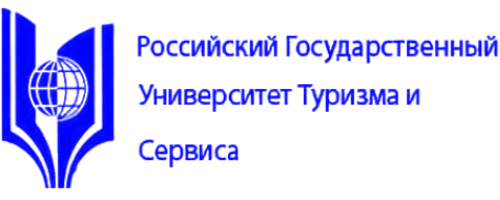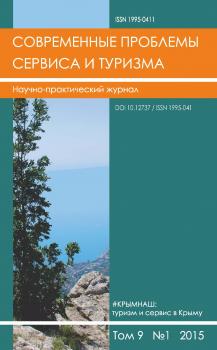In the current crisis the development of domestic tourism is very important. Further promotion of ethno tourism may be a promising and popular trend in the domestic market of tourist services of the regions. In the study, the author exam- ined the characteristics of nature, history, culture and religion of indigenous peoples of Mari land as the most important factors of tourism development in the region. The article presents the analysis of state of ethno tourism in the Mari El Republic. The author outlines the main directions of its development in the region that dip into the cultural environment: ethnographic museums, hotels and recreational facilities with an ethnic flavor, ethno-villages, and rural guest houses. The expert survey in order to identify the prospects for the development of ethno tourism in Mari El has been conducted. The contradictions in the law, inadequate infrastructure in the country, weak advertising campaign to attract tourists to the region, sometimes a lack of interest of local authorities in the development of tourism are the main difficulties in the ethno tourism development. The author suggests ways of further development of ethno tourism in Mari El. It is neces- sary to develop a targeted program for the development of tourism in t Mari El, with an emphasis on ethno tourism.
tourism, ethno tourism, tourism development, the Mari El Republic.
1. Afanasiev О.Е. Typology of tourism clusters, included in federal target program «Development of inbound and do- mestic tourism in the Russian Federation». Sovremennye problemy servisa i turizma [Service and Tourism: Current Challenges], 2016, vol.10, No.1, pp. 37-46. DOI:https://doi.org/10.12737/17782. (In Russ.).
2. Afanasiev О.Е., Volkhina V.V. The role, significance and functions of skansen as a tourism resource of territory and representants of national traditions of nature-use. Sovremennye problemy servisa i turizma [Service and Tourism: Current Challenges], 2015, vol.9, No.4, pp. 12-22. DOI:https://doi.org/10.12737/14527. (In Russ.).
3. Boy A. - D. Mari El: last pagans of Europe. GEO, 2010, No.145. URL: http://www.geo.ru/puteshestviya/poslednie- yazychniki-evropy (Accessed on April 14, 2016). (In Russ.).
4. Golubchikov Yu. N. How to attract a tourist into the depths of Russia? Sovremennye problemy servisa i turizma [Service and Tourism: Current Challenges], 2015, vol.9, No.3, pp. 12-17. DOI:https://doi.org/10.12737/12877. (In Russ.).
5. Danilov O.V. Pagan cults of the ancient population of Mari Volga region. Ed. and comp. A.G. Ivanov, D.Y. Efremova. Yoshkar-Ola: National Museum named T. Evseev, 2016. 336 p. (In Russ.).
6. Isachenko T.E. Ethnic tourism as a factor of degeneration and saving of traditional cultural landscapes. Sovremen- nye problemy servisa i turizma [Service and Tourism: Current Challenges], 2014, No.1, pp. 61-68. (In Russ.).
7. Kuzmina I.M., Ohotina N.M. The ethno tourism development in the Mari El Republic. Innovacii i puti ih vnedrenija v praktiku social’noj dejatel’nosti [Innovation and ways of their implementation in practice of social work]: Interuni- versity collection of articles. Yoshkar-Ola: Volga State University of Technology, 2016, pp. 84-87. (In Russ.).
8. Petrik L.S., Kudryavtseva P.A. Conceptualization of ethno-complex as tourism cluster in Tatarstan. Sovremen- nye problemy servisa i turizma [Service and Tourism: Current Challenges], 2016, vol.10, No.1, pp. 142-147. DOI:https://doi.org/10.12737/17795. (In Russ.).
9. Petrik L.S., Kudryavtseva P.A. Djailoo-tourism as a way to revive the culture of the peoples of the Mari El Republic and the ability of establishing authentic Mari skansen. Sovremennye problemy servisa i turizma [Service and Tour- ism: Current Challenges], 2015, vol.9, No.4, pp. 31-36. DOI:https://doi.org/10.12737/14529. (In Russ.).
10. Polukhina A.N. The development of regional tourism: ethno tourism clusters of the Volga-Kama. Rossijskoe predprinimatel’stvo [Journal of Russian Entrepreneurship], 2013, No.23 (245), pp. 112-119. (In Russ.).





